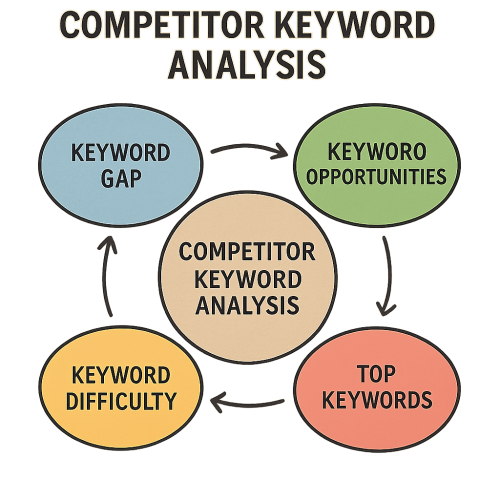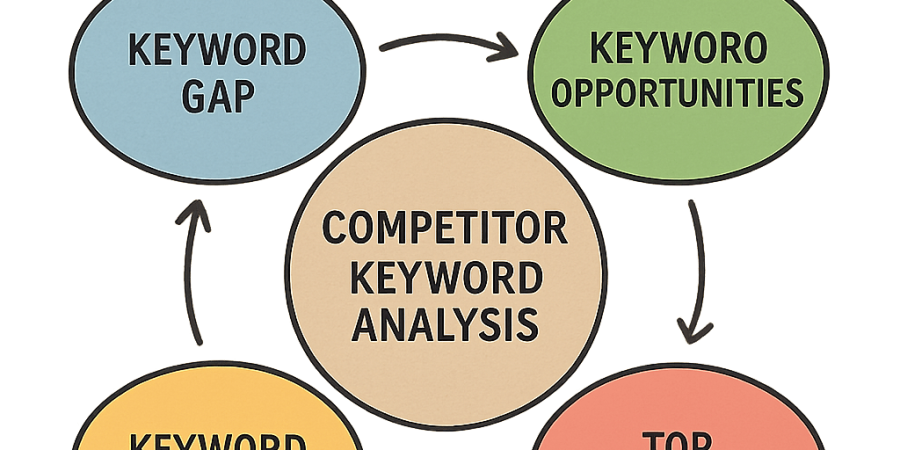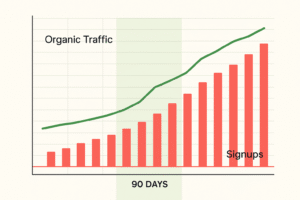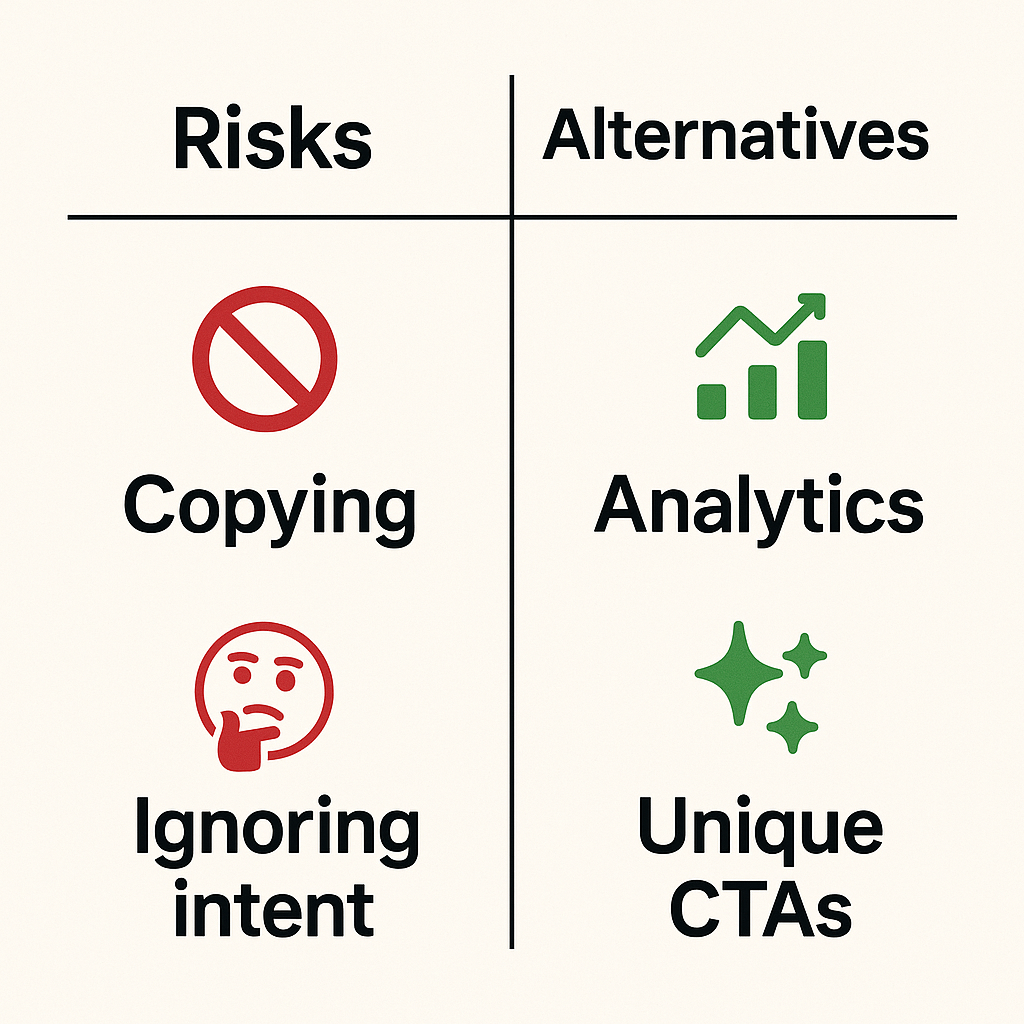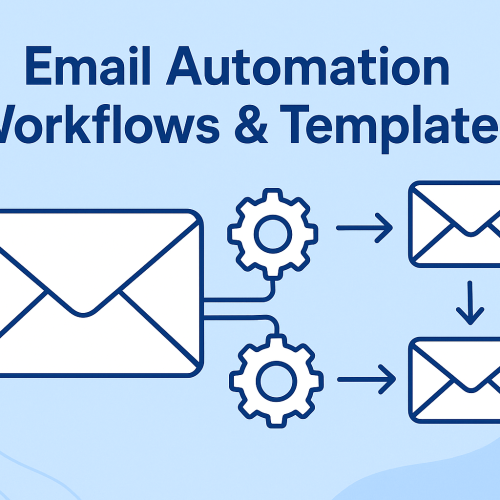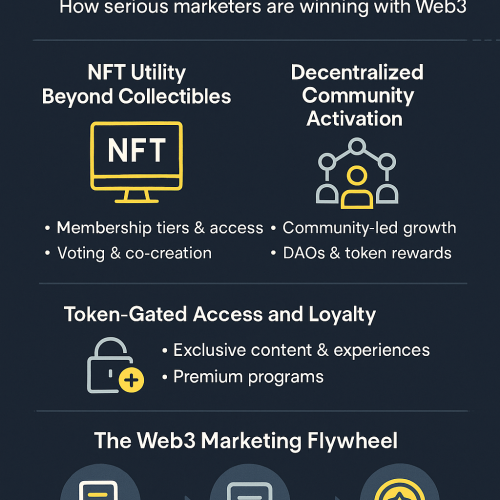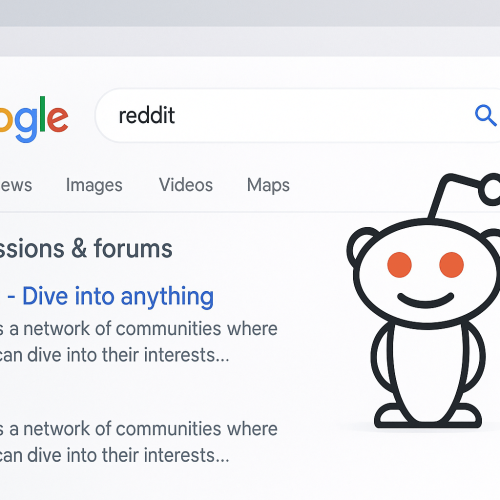Unlocking Success with Competitor Keyword Analysis: A Strategic Guide

What is Competitor Keyword Analysis?
Why It Matters: Aligning with Search Intent :
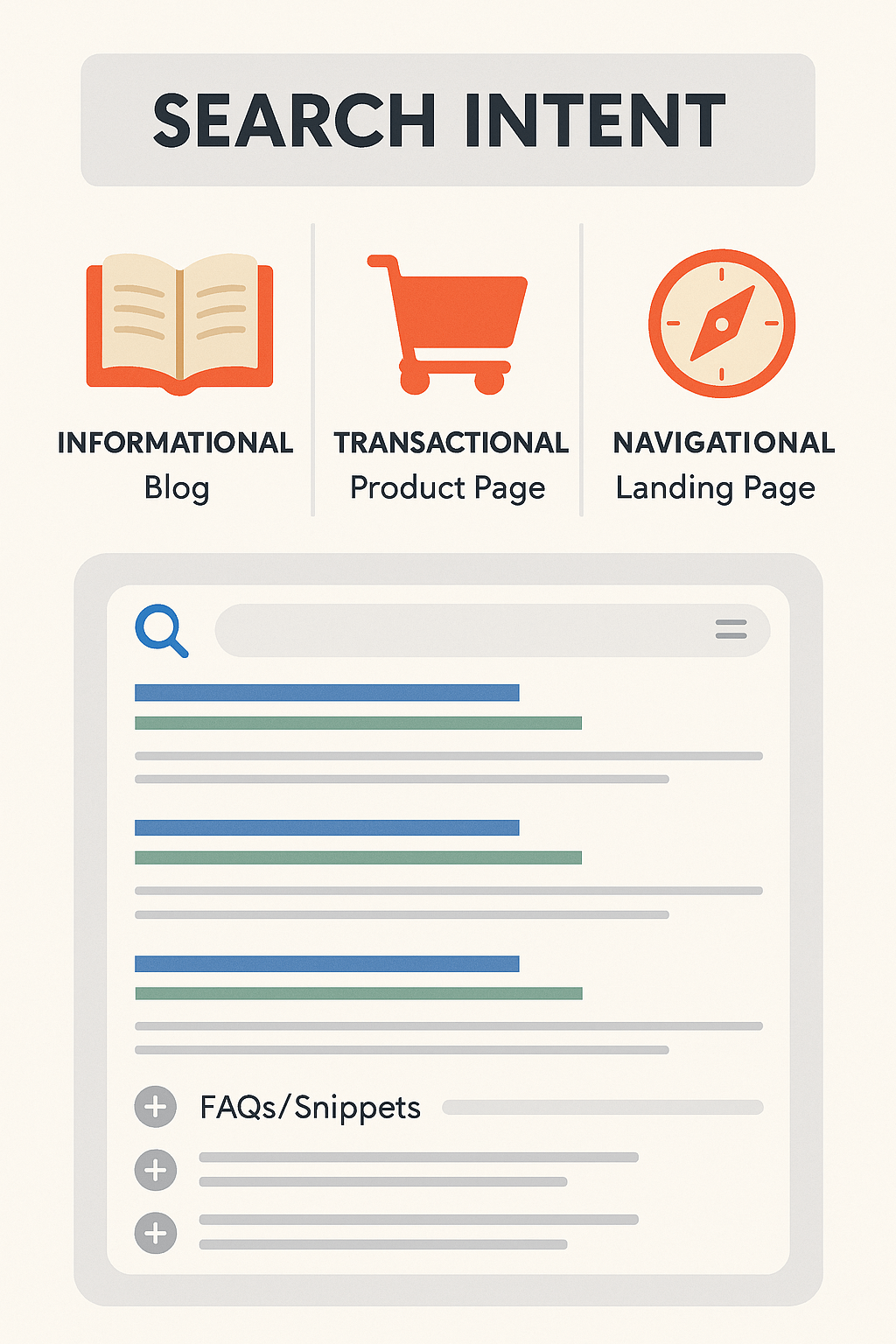
When people search on search engine results pages (SERPs), they have a purpose –learn, compare, or buy. Your content must match that user intent to appear.
flowchart TD
A[Search Query] --> B{Intent}
B --> C[Informational: Blog Post]
B --> D[Transactional: Product Page]
B --> E[Navigational: Landing Page]Missing the right type of content (e.g., product pages vs blog posts) means you’ll lose clicks.
Pro tip: Check what SERP features show up for a keyword (FAQs, featured snippets, site links).
How to Perform Competitor Keyword Gap Analysis :
Step-by-step:
- Identify top 3–5 competitors
- Open SEMrush Keyword Gap Tool
- Enter your domain + theirs
- Filter “Missing” and “Weak” keywords
- Prioritize:
- High search volume
- Low keyword difficulty
- Commercial or buyer intent
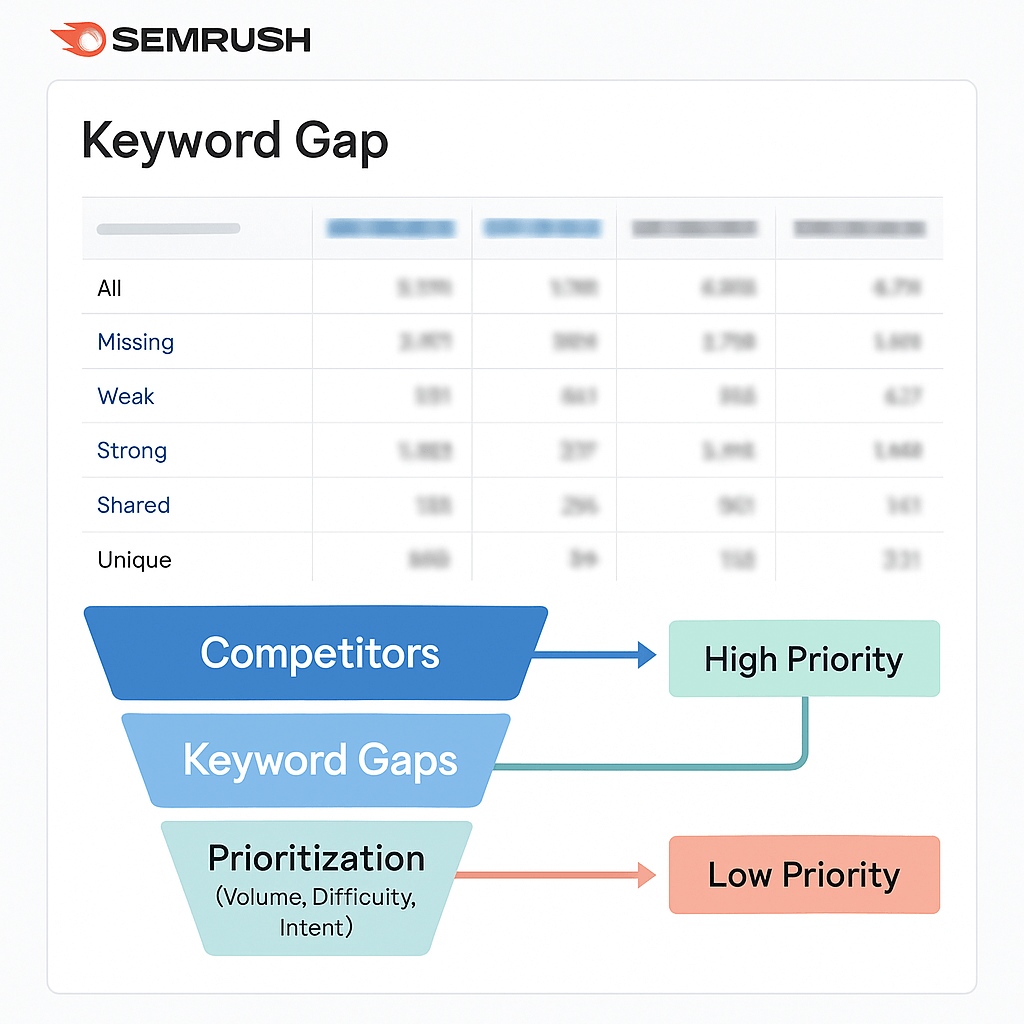
SaaS Case Study: +84% Signups in 90 Days
Company: CRM SaaS Startup
Problem: No organic traffic despite good product
Action Taken:
Compared keywords with 3 competitors
Discovered 297 keyword gaps
Created blog posts & landing pages using those terms
Results:
- Organic traffic: ▲112%

- Signups: ▲84%
- Top 10 keywords: ▲63%
Uncovering your competitor’s winning keywords is the first brilliant move. The next—and most important—step is to create content that doesn’t just compete, but dominates by being more comprehensive, user-friendly, and aligned with modern SEO. ‘Beyond Keywords’ provides the blueprint for creating that best-in-class content. Move from analysis to execution. Get the blueprint
Building a Keyword Strategy That Drives Traffic
Stop chasing only high-volume keywords. Instead, balance your portfolio:
pie
title Keyword Strategy Mix
"High-volume" : 25
"Long-tail (buyer intent)" : 45
"Brand keywords" : 10
"Competitor-based" : 20This mix helps:
- Improve click through rates
- Match purchasing decision stages
- Attract your customer base across content formats
Use Cases by Page Type :
| Use Case | Keyword Example | Page Type |
|---|---|---|
| Blog Expansion | “SEO tools for startups” | Blog Post |
| Landing Pages | “AI tools vs human writing” | Landing Page |
| Product Pages | “affordable AI content tool” | Product Page |
| Comparison Content | “[Brand] vs [Competitor]” | Comparison Page |
Tip: Optimizing your content based on intent = higher conversion.
Strategic Internal Links: Boosting Relevance and SEO
Explore more content to deepen your keyword analysis and refine your search engine strategy:
Spy on Competitors’ Google Ads
Understand how competitors use Google Ads to capture high-intent traffic across search engine results pages (SERPs).Track Mobile Rankings Effectively
Don’t miss your audience on mobile — learn to optimize your content for better visibility across devices.Effective Keyword Research Tools & Techniques
Discover how to find keywords that match searcher intent and use the right content formats to win clicks.
Expert Opinion
“Keyword gap analysis isn’t just tactical — it’s strategic. It reveals where you’re missing opportunity, and why your competitors outrank you.” — Aleyda Solis, SEO Consultant
Is This Right for You?
This works if:
- You’re not ranking on top pages
- Competitors show up in featured snippets
- Your content lacks keyword focus
What Are the Risks?
- Blindly copying = diluted branding
- Ignoring user intent = low conversions
- Focusing only on Google = missed social media platforms
What Are the Alternatives?
- Survey users to understand their search behavior
- Use Google Analytics to find converting pages
- Build landing pages with unique CTAs
FAQs (Addressing Key Concerns)
Q1. Is this helpful for small sites?
Yes. It helps identify traffic gaps your competitors are leveraging.
Q2. How often should I revisit keyword gaps?
Every quarter or after a major content strategy shift.
Q3. Do I need paid tools?
Free tools like GSC help, but SEMrush gives a competitive edge.
Q4. Should I just copy top keywords?
No. Focus on intent, audience needs, and unique angle.
Q5. What’s a good idea to start with?
Find top ranking pages of your competitors and build better content.
Final Thoughts
Competitor keyword analysis helps you:
- Understand the competitive landscape
- Improve SERP visibility across engine results pages
- Build content that converts — not just ranks
Start with a list of keywords, match them to search intent, and target what your competitors rank for. Then outperform them.
You are now equipped to reverse-engineer your competitors’ strategies. True leadership, however, comes from building a strategy so robust that you become the one they analyze. ‘Beyond Keywords’ is your guide to transcending keyword games and building a holistic, user-centric, and future-proof SEO foundation that creates lasting organic growth. Stop competing. Start leading. Get the book.

